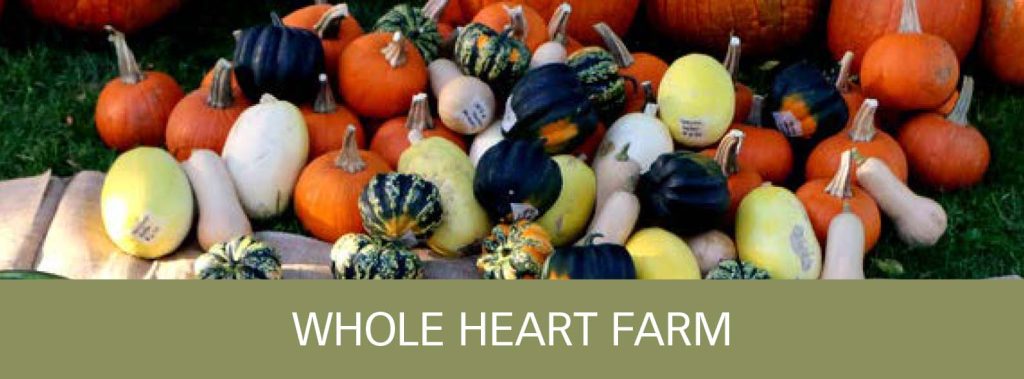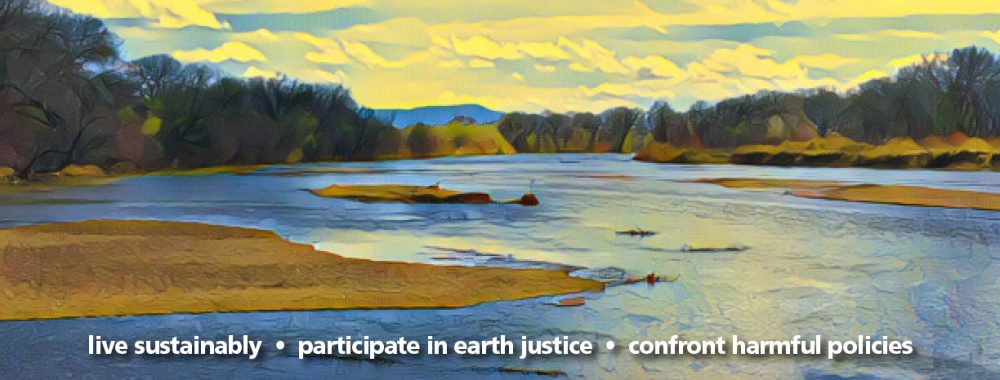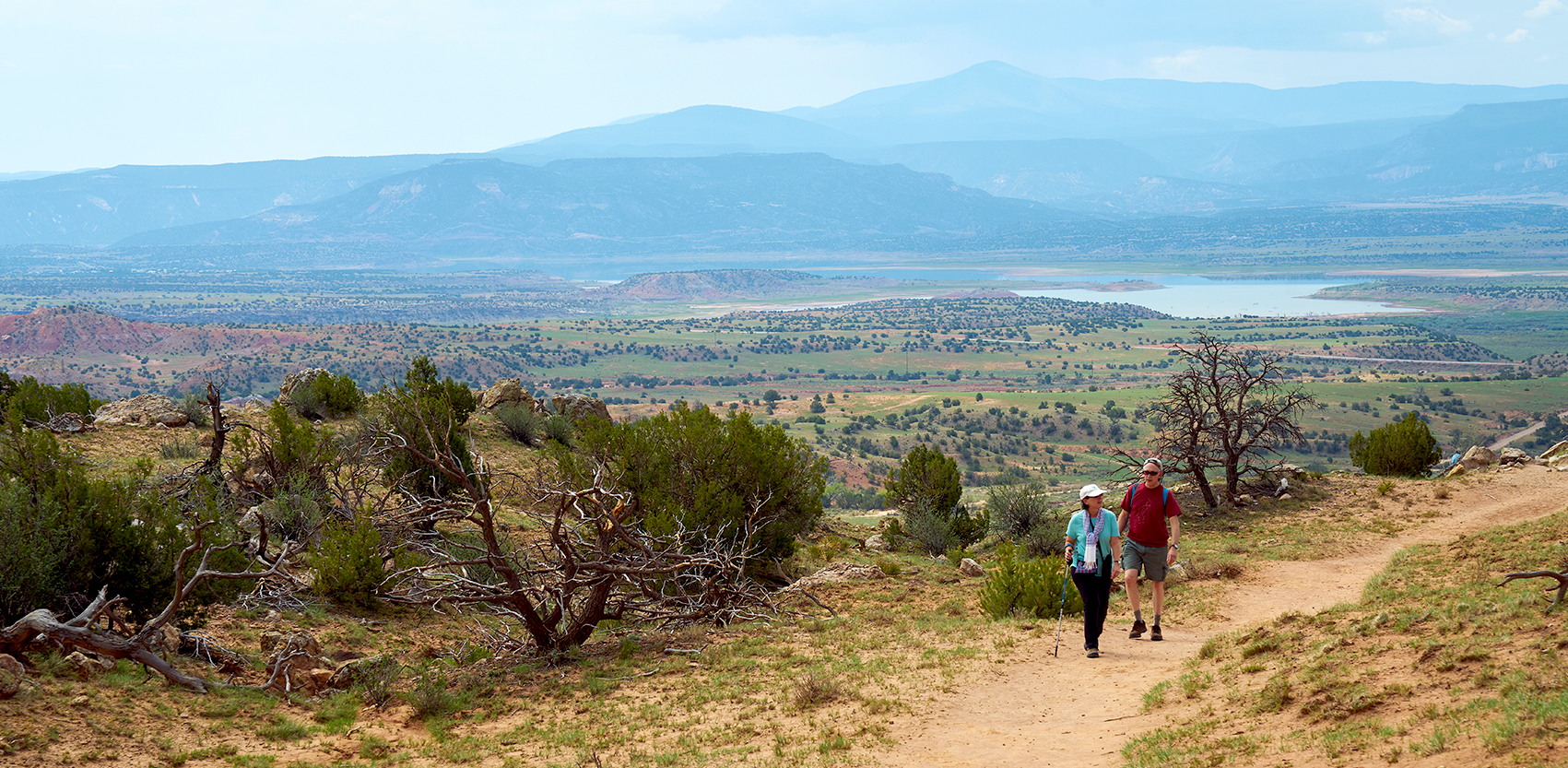
by Josh Shelburne, of Whole Heart Farm
Whole Heart Farm is a small-scale farm located in the South Valley of Albuquerque, NM. We grow a select assortment of vegetables, focusing on baby roots and leafy greens. The farm practices no-till methods and meets organic standards. Our entire growing space is about 1/3 of an acre on a one-acre urban lot. We grow year-round with the help of hoop houses. Our main source of income is from our email list. Customers make purchases directly from the farm via a weekly-updated online store and pick up their orders from the farm. In addition to our weekly pick up, we also sell bulk amounts of vegetables to a handful of local businesses who resell our products.
The history of the farm has been a slow progression. We started off with the help of a great mentor or two who were already farming. Reading farm books and watching educational videos helped immensely as well. We worked for others, grew in big back yards, and even helped run a small farmers market. Eventually we found our current location, which had been a farm before we came along. We are lucky to have the support of the landowners in our farm operations and we lease the property as an agricultural property.
Our farm’s marketing is word of mouth. We don’t participate in any social media; we have a website that allows people to sign up for our email list. We don’t find ourselves in need of many new customers these days, but we will forever be grateful for the new and returning customers from the farmers’ markets early in the life of the farm. We collected names and emails on a clipboard at market and that tremendously helped build our customer email list. When 2020 went wild and markets in New Mexico became severely limited, we had an influx of people who found our farm on the farmers’ market website or through their own search. At that point we pivoted the farm to focus on selling to our email list as a farm pick-up instead of attending the farmers’ market.
Our economic reality has been surprisingly stable compared to some of the stories of others. The beginning of any business is traditionally lean, money wise. However, with hard work and great customers, we have found a way to make a living, pay others well above minimum wage, provide ourselves with outstanding food, and keep our bodies in shape and healthy. The social capital that is built as a small-scale farmer matters, and we make enough money at this point to be confident that bills will get paid on time.
Our pricing is based on how much time our crops take to grow, harvest, wash, pack, and sell. We aim to be competitive with organic produce in Whole Foods, Natural Grocers, or the local La Montañita Co-op. We are lucky to live in the internet age and we can listen to or read about other farmers around the country and compare their pricing with our own.
I think any person who claims to be connected to the land needs to be respectful and discerning with their water use in the field. It takes a lot of water to grow anything. It is a desert farmer’s job to find ways of being efficient while ensuring the plants have what they need to thrive. Desert farming has its advantages—it is easier to add water than to take water away. We have mild winters, which allow us to grow through the winter when plants need less water. Hot summers mandate extra water, discerning crop choice, and constructed or planned shade. We have never depended on the acequia systems and have a reliable well for irrigation. As more farms come into existence, whether they be cannabis, hay, or produce, we all as a society need to find ways to help care for our planet and be respectful of our neighbors.
The joys of farming: A basic connection to the earth that is hard to find in a modern world. Providing organic food for ourselves in an amount that otherwise would be hard to purchase at our income level. Overseeing how our days are spent. Being responsible for fulfilling a basic and crucial need like good, clean food. Making a living by facilitating a natural process that is inherently full of integrity. Frustrations include: A lack of interest from others to grow food on their own. People thinking our prices are too high. Customers getting lost in the convenience of having someone else grow their food. Increasing government interference in how food is produced for the consumer. I see the future of farming moving back to the local/community level. Better to have hundreds of thousands of small-scale farms than just a few thousand mega-farms. I think the interest in how to “do farming better” is higher than it has ever been in my lifetime. The future is bright and ripe for farmers (with the help of the community) to solve some of these hard problems facing our planet.
Josh Shelburne and his partner Katie run Whole Heart Farm on the corner of Gonzales and Sunset Drive SW. You can join their email list by contacting Josh at josh@wholeheart.farm or going to http://wholeheart.farm/.

